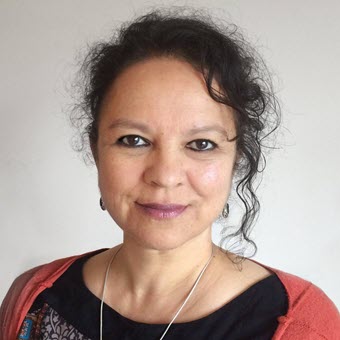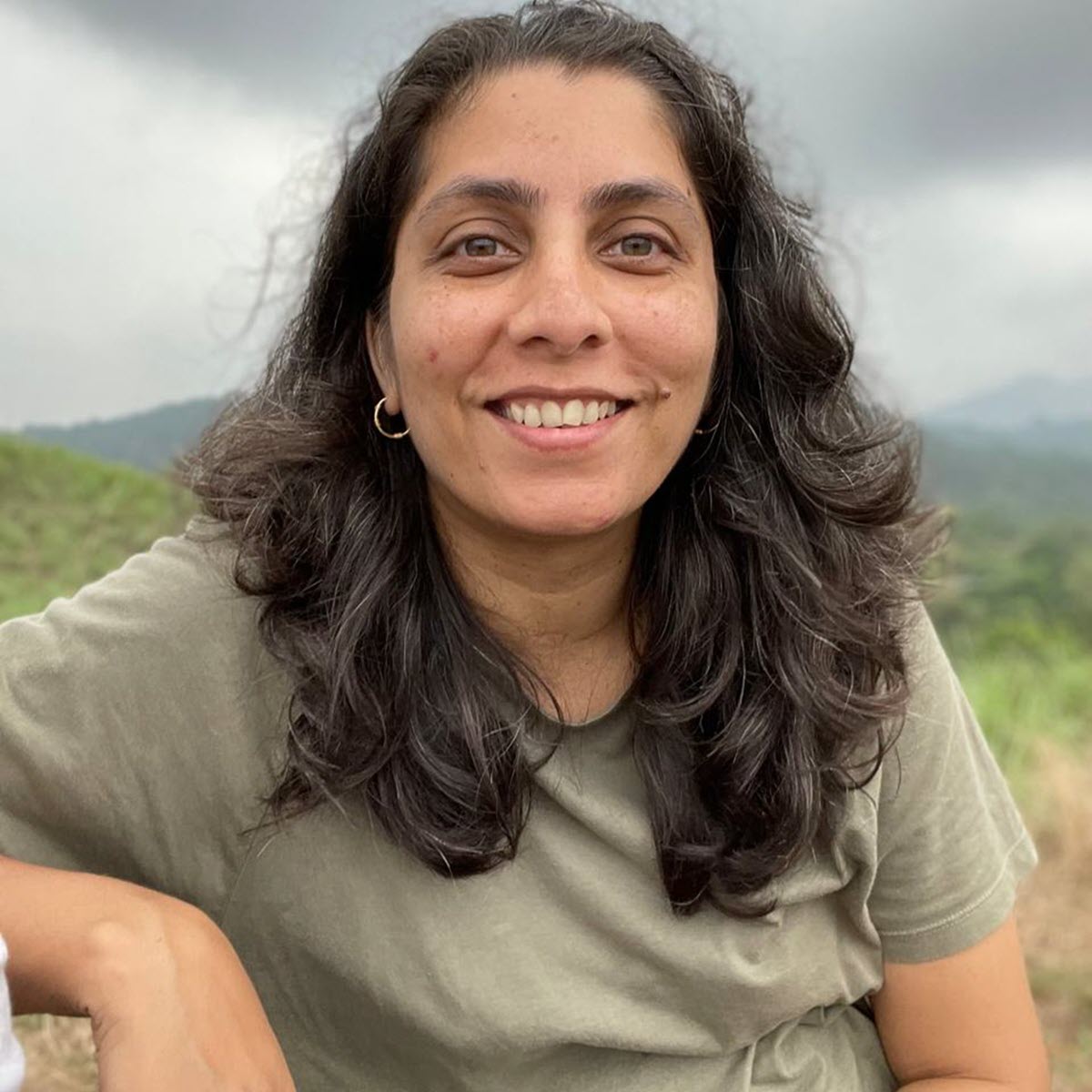THIRST The International Round Table for Sustainable Tea, is launching a three-year program to analyze the root causes of human rights breaches in the tea industry and come up with an action plan for how to solve them. This will take the form of a Human Rights Impact Assessment of the global tea sector.

A Solution-Oriented Approach
By Aravinda Anantharaman
A Human Rights Impact Assessment is defined by the Danish Institute for Human Rights as “a process for identifying, understanding, assessing and addressing the adverse effects of a business project or business activities on the human rights enjoyment of impacted rightsholders such as workers and community members.” The United Nations Guiding Principles on Business and Human Rights recommend that businesses inform themselves about human rights in their own operations and in their supply chains.
THIRST founder Sabita Banerji, who also consults with organizations like Oxfam and Living Wage Foundation, writes that “The term ‘Human Rights Impact Assessment’ makes people think of the negatives of what’s happening in human rights, in the supply chain. I prefer to think of it as a human rights impact analysis.”
The program sets out to look at the conditions for workers and farmers, the cause of problems, and what can be done to address the problems. Banerji calls it a ‘constructive solution-oriented approach’ which has four focus areas:
- Create an evidence base across tea-growing regions by consolidating available research and identifying under-documented regions.
- Conduct in-depth studies where there are gaps and provide a global picture of the interdependencies of tea.
- Interrogate the tea value chain from producer to consumer, and the context within which it operates, to understand what levers and dynamics within the tea trading system might be driving human rights breaches.
- Convene roundtable meetings of stakeholders in the tea sector to use that evidence to decide what changes are needed and act on them.
“A drought in Kenya will send prices up in India and vice versa. So how can we look at the whole value chain from the producer to the consumer and everyone in between – the traders, the packers, the branders and the retailers, the auction house. How can we look at how trading is done to understand are the dynamics within that value chain and the distribution of value along the chain to see if these are driving some of these breaches of human rights?”
The program will look into:
- The context within which the tea industry functions: the legislative framework, the international standards, the ILO conventions that different countries have signed up for, new laws like the one that will soon be passed by the EU making it compulsory for companies to do human rights due diligence studies in their supply chains, in addition to consumer trends and the role they are playing in drawing ethics and human rights into the conversation on consumption.
- Initiatives, programs, and business models, and how they have worked. THIRST will study both experimental and traditional models to see what can be borrowed, replicated, adapted, and scaled to bring systemic change to the industry.
- Ways to bring civil society and the industry to look at human rights challenges together, find solutions together, and then work together to put those solutions into practice.
Central to the program is the dialogue with producers. Adds Banerji, “I think the pattern so far has been for people who are concerned about human rights, raising these issues as they see them but framing it in quite a hostile way. That puts the producers on defensive mode. And I think in any case, the tea industry’s tea estate model was always set up in a very kind of a defensive way. There isn’t a tradition and a culture of listening really. I believe, and I hope, that this study will be able to look into this more and see if it’s true that the producers are themselves trapped in a system, which makes it difficult for them to respect human rights, actually. I’ve often found, in the other Human Rights Impact Assessments that I’ve done, that very often that the problem is that the farmers are not getting sufficient price for their produce to, to be able to fulfil the human rights requirements of their workers or the small farmers supplying them. I suspect the same will be true in the tea sector.”
The program is ambitious and not without challenges. As Banerji points out, in the past, when activists, academics, or trade unions have pointed to the problems, producers have been defensive. There is a reluctance to engage in dialogue as much of it begins with criticism of their functioning. THIRST’s challenge will be in achieving the balance between earning the trust of companies and balancing that with grassroots activists. “There is a lot of mistrust on both sides. So it’s going to be tricky getting them to a point where they feel they can at least have a conversation with each other and hear each other’s side of the story and point of view to try to find a way to move forward,” she says.
The program follows a tried and tested model, which begins with:
Assessment (year 1) : A desk review of available literature to get an understanding of the structure of the industry and the dynamics of its working.
Analysis (year 2) : Interview people in the industry, including workers, farmers, trade unionists, civil society, campaigners, company managers and owners to understand their perspectives.
Action (year 3) : As an independently funded human rights assessment, the program will put out a set of recommendations and convene working groups with the industry and civil society to enable these recommendations into action.
Says Banerji, “While some recommendations will be specific to specific geographies and may result in a working group for that particular country or region, there will be other recommendations that apply globally. And that’s why this is a Human Rights Impact Assessment of the global tea sector. Because all the elements are so interdependent. I think part of the problem up to now is that the issues have been looked at in some narrow geographical way whereas I believe that the root causes of those problems are systemic. They are industry-wide.”
The program begins in July 2021, and an Advisory Committee will be formed with a representative range of stakeholders from tea-producing countries and tea buying companies.
THIRST invites civil society, academics, funders, companies and other tea stakeholders to be part of this study, in the following ways:
1. Become a civil society partner in the study, helping to steer, shape and deliver it with THIRST and other partners
2. Contribute research reports and data, conduct new field research in under-studied areas and/or contribute analysis of the global tea market and trading system, take part in roundtable meetings to discuss findings and resulting actions
3.Volunteer to share corporate views and information to ensure that the study is well balanced and presents all views fairly and accurately
4. Become a funder to enable the study to be as deep and far-reaching as possible
Contact THIRST via our website: https://thirst.international/contact/ to find out more.
Share this post with your colleagues
Signup to receive Tea Biz weekly in your inbox.



